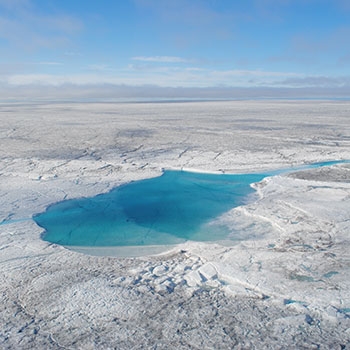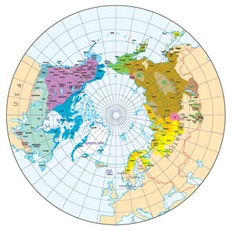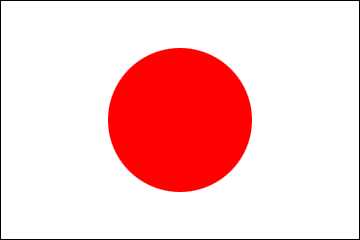From Ambassador
2019/2/27
Is Iceland an Arctic nation?



In May 2019, Iceland will begin its 2 year chairmanship of the Arctic Council, the inter-governmental Arctic forum established in September 1996. The Arctic Council consists of the eight Arctic States: Canada, the Kingdom of Denmark (including Greenland and the Faroe Islands), Finland, Iceland, Norway, Russia, Sweden and the United States. Japan has been participating in the Council since 2013 as an observer member.
Therefore, Iceland is supposed to be an Arctic state. But I started to wonder –as a recent Japanese TV programme popular in challenging common sense does– “What makes Iceland an Arctic state?”
Until now, I understood that if a country, or part of a country, is on or above the Arctic Line or Arctic Circle at 66°33' North latitude, it is an Arctic state. As for Iceland, Grímsey Island, which is located 40 kilometers off the north coast of the main island sits across the Arctic Circle and therefore Iceland is defined as an Arctic state.
However, according to a report I recently came across, the Arctic Circle is actually moving away from Iceland towards the north at a rate of about 14.5 meters per year and it is expected that Grímsey Island will be completely deviated from the Arctic Circle in about 2047, which will put the whole nation situated off the south point of the Arctic Circle. If that happens, will Iceland no longer be an Arctic state?
When I did more research, I found out that there are other commonly used criteria to assess whether a country is an Arctic state or not. Such as the tree-line, beyond which the climate is too harsh for trees to grow, and whether the average temperature in July reaches 10 degrees Celsius. However, depending on the different criteria you use, the defined area tends to vary and it remains difficult to define accurately.
Recently, I had an opportunity to ask a leading expert in this field what really makes Iceland an Arctic state. According to him, without doubt, Iceland is an Arctic state since in their daily lives people in Iceland do actually feel that they live in an Arctic state.
At first, his answer wasn’t that convincing, but gradually I came to understand it. Certainly the severe winter climate in Iceland is nothing other than the climate of the Arctic. The Icelandic idyllic summer scenery, such as lupines in full bloom under sunlight and sheep and horses walking around an open field, is far from being Arctic, but “Midnight Sun”, which is when the sun remains above the horizon at midnight during summer, is a phenomenon which you can only experience in the Arctic.
The most attractive part of Iceland is that we can witness its rich nature and the cycle of natural phenomena within our reach that are completely different in summer and winter. I now realize that this is a privilege of being a part of the Arctic states.
